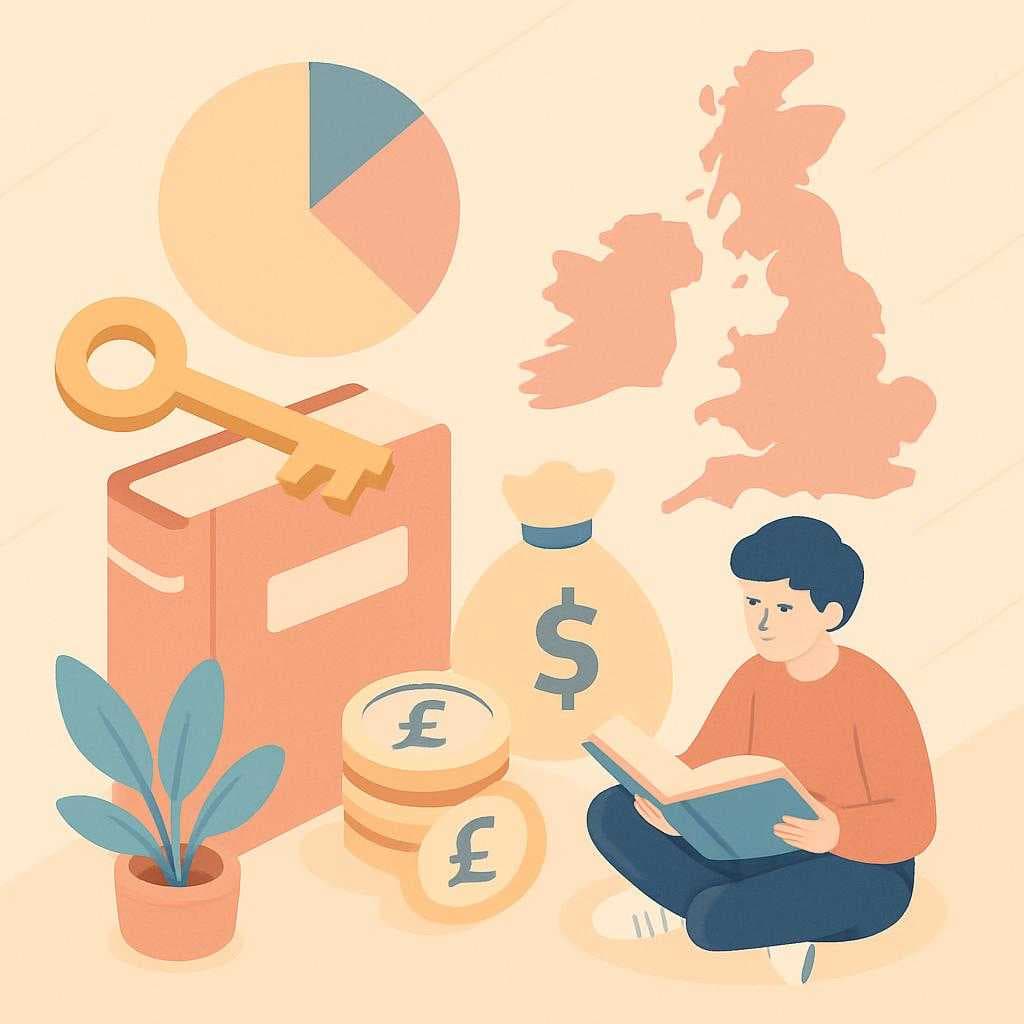Unlocking the Secrets of Economic Resources: A GCSE Student's Guide
Summary: Discover the key to mastering economic resources for your GCSE exams! This comprehensive guide dives into the types of resources, their significance, and tips for tackling exam questions with confidence. Perfect for students preparing for AQA, Edexcel, or OCR board exams.
As a GCSE Economics student, understanding economic resources is crucial for exam success across all major UK exam boards, including AQA, Edexcel, and OCR. These resources form the backbone of economic studies, influencing everything from production to cost management. Here, we unravel the types of economic resources and offer strategies to help you excel in your exams.
What Are Economic Resources?
Economic resources, often referred to as factors of production, are the inputs used to produce goods and services. They are typically categorized into four types:
-
Land: This includes all natural resources, such as minerals, water, and land itself. Understanding land as a resource involves recognizing its value in production and its role in economic sustainability.
-
Labour: Human effort used in production processes. This includes both physical and intellectual contributions. Exam questions may explore concepts like labour productivity and its impact on economic growth.
-
Capital: Refers to man-made resources used in production, such as machinery, tools, and buildings. Capital is essential for increasing efficiency and productivity within an economy.
-
Enterprise: This involves the entrepreneurial skills and risk-taking necessary to combine the other three resources effectively. Entrepreneurs drive innovation and economic development.
Why Are Economic Resources Important?
Economic resources are fundamental to understanding how economies function. They affect supply and demand, influence prices, and determine the allocation of goods and services. For GCSE students, a firm grasp of these concepts can aid in analyzing various economic models and scenarios.
Tips for Exam Success
-
Understand Key Definitions: Familiarize yourself with the definitions and characteristics of each type of resource. AQA, Edexcel, and OCR exams often test your ability to define and differentiate these resources.
-
Use Real-World Examples: Incorporate current events and real-world examples to demonstrate your understanding. For instance, discuss how technological advancements in capital have transformed industries.
-
Practice Diagramming: Many exams require you to illustrate economic concepts using diagrams. Practice drawing production possibility frontiers (PPFs) to show the trade-offs between different resources.
-
Develop Analytical Skills: Focus on analyzing how changes in resource availability can impact the economy. This could include shifts in supply and demand, affecting prices and employment levels.
-
Review Past Papers: Familiarize yourself with the types of questions each exam board typically asks. Reviewing past papers from AQA, Edexcel, and OCR can provide valuable insights into exam patterns and expectations.
By mastering the fundamentals of economic resources, you'll be well-prepared to tackle your GCSE Economics exams with confidence. Remember, understanding these core concepts is not just about passing exams—it's about gaining insights into how the world around you operates economically. Happy studying!
